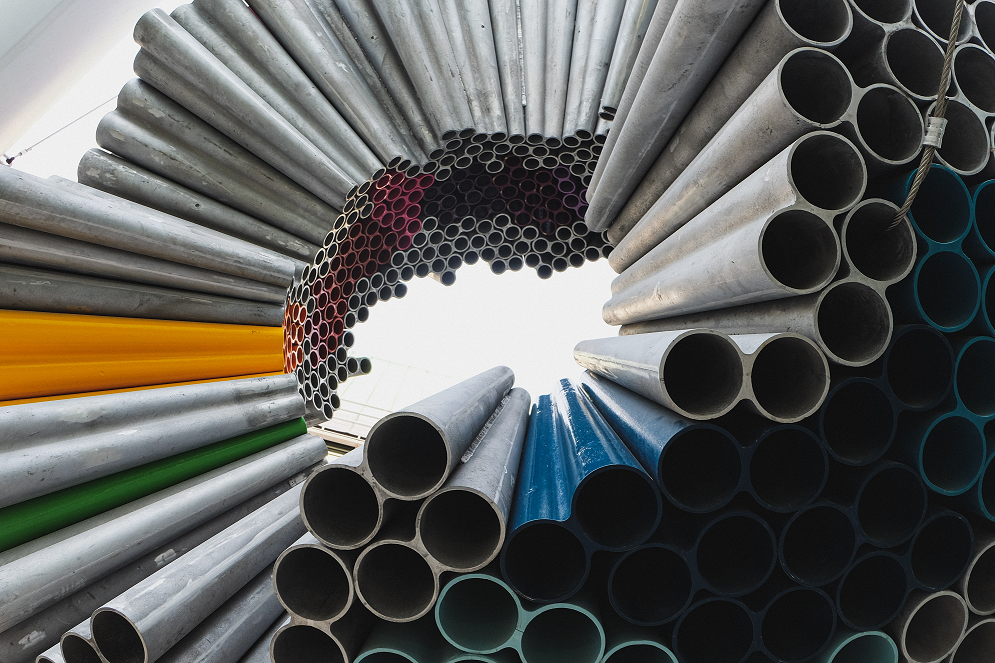
In a paper published by the Roosevelt Institute, Vanderbilt faculty proposed that as the 2021 G7 summit gets underway, the Biden Administration has a chance for a new beginning in fighting climate change.
Vanderbilt Law School Director of International Legal Studies Timothy Meyer and Roosevelt Institute Director of Governance Studies Todd Tucker recommended a two-pronged climate change/international trade policy they call the Green Steel Deal. Its goal is to work within the legal and political constraints nations face at home, rather than designing international trade restrictions.
This arrangement, the authors said, calls for like-minded countries to create a steel-focused international "climate club," where the condition of membership is to convert, as soon as is feasible, all domestic steel production to green methods. The "club" would agree to apply a common carbon tariff on the imports of steel from nonmember countries, and within 10 years, all members would replace the tariff with an internal ban on the sale of dirty steel. Member countries would also pledge to re-invest tariff revenue into green steel projects and development.
"The Green Steel Deal takes decarbonization out of a market-centric approach that has not worked to meaningfully reduce emissions and emphasizes the central role of the state in providing global public goods," Tucker and Meyer wrote.
Steel is the best place to start, they say, because the industry is likely to support something like a Green Steel Deal. For example, the American Iron and Steel Institute has said that a "strong and effective" carbon border measure is key to "maximize the steel industry's role in reducing global greenhouse gas."
"The Green Steel Deal takes decarbonization out of a market-centric approach that has not worked to meaningfully reduce emissions and emphasizes the central role of the state in providing global public goods." – Tim Meyer, Professor of Law
By starting with an industry sector like steel that is primed to move on carbon border measures, governments can show feasibility and proof of concept early while investing in research and development to innovate and drive down the cost of green technologies.
"The steel industry is the ideal sector in which to begin transatlantic cooperation on trade and climate," Tucker and Meyer wrote. "It is one of the largest emitters of carbon in the manufacturing sector; it's on track to consume 50 percent of available carbon budgets by 2050, is highly traded and is already subject to extensive policy controls that the U.S. and EU are negotiating."
The climate crisis is one of the most important long-term challenges facing policymakers around the world. The Scripps Institution of Oceanography and the National Oceanic and Atmospheric Administration recently released data showing that the amount of carbon dioxide in Earth's atmosphere reached the highest levels in human history, and carbon dioxide is the most important greenhouse gas driving global warming.
"Integrating climate mitigation strategies into trade policy is important because over a quarter of carbon emissions (27 percent) are embedded in trade flows," according to the authors. "While US production and exports are relatively carbon-efficient, the U.S. still consumes carbon-intensive products imported from places like China. This only shifts the location where pollution is occurring, rather than reducing it overall."
The Green Steel Deal becomes an opportunity for countries to consider what is locally effective in climate mitigation, and then translate those lessons into trade rules through negotiated outcomes. By conceiving of a way for the manufacturing industry to support climate initiatives that serve the bottom line, the Green Steel Deal alters climate politics and makes future climate-supporting action more likely.






